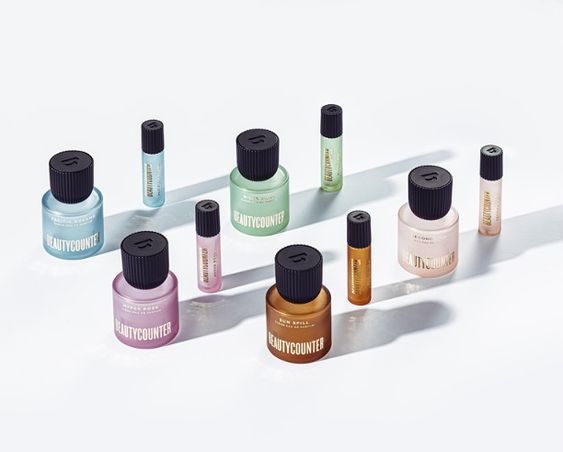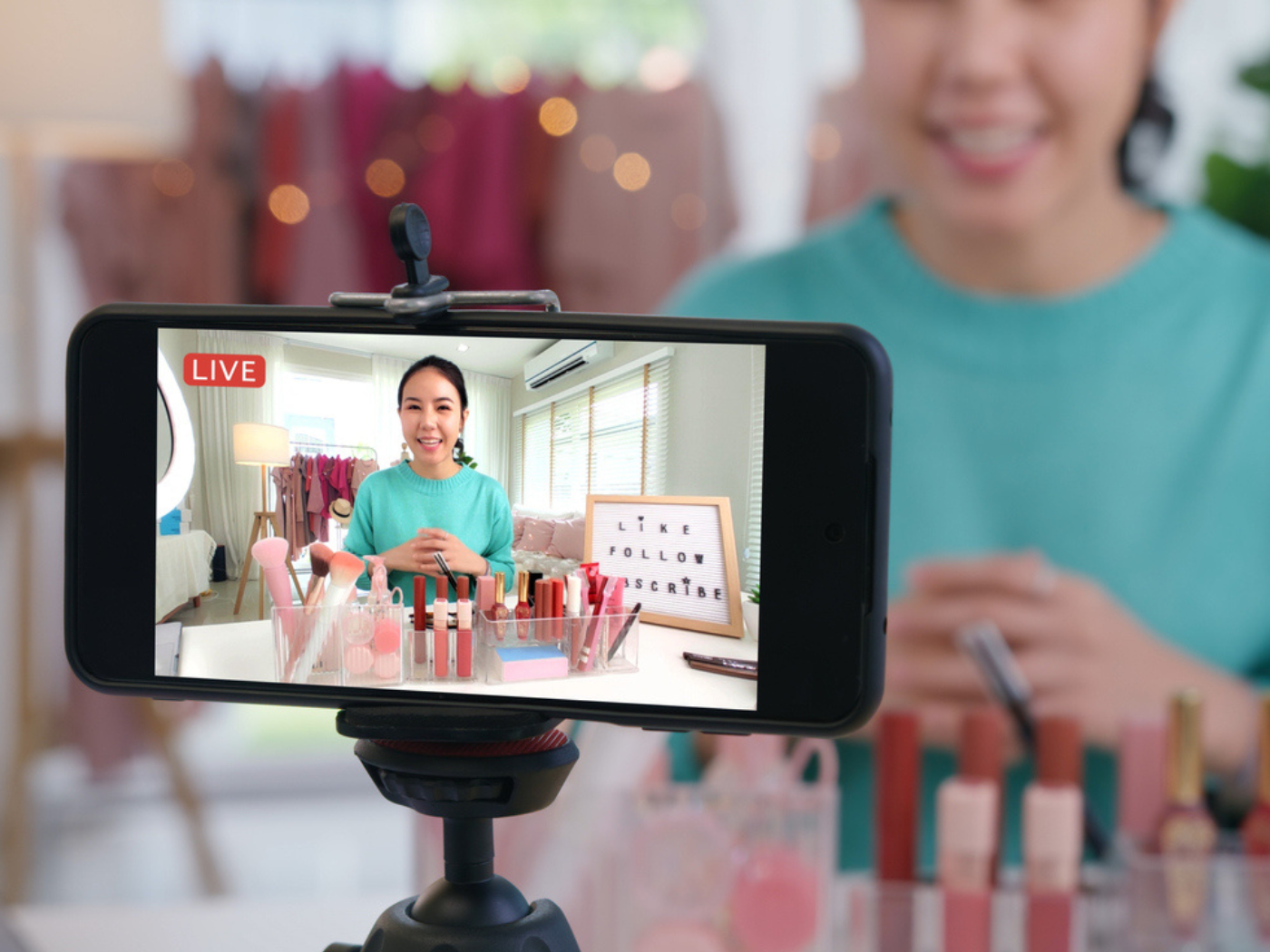Retailers are making commitments to better serve and represent the Black community.
On Wednesday, Walmart announced it would end its practice of locking Black personal care and beauty products in glass cases, items they deem as vulnerable to theft, along with electronics and automotive items. The practice, which can be found in about a dozen stores, according to the company, faced a racial discrimination lawsuit in 2018, which was dropped in 2019.
The announcement followed a panel discussion and Q&A session hosted by the retailer early Wednesday entitled Moving Forward, to discuss the impact of race relations, particularly within the multicultural beauty space.
Karen Chambers, Executive Vice President of Iman Cosmetics, participated in the panel, in which she said the President of the NAACP “offered poignant opening remarks about race in America, and two Walmart executives spoke candidly about their experience as African Americans and Walmart’s commitment to positive engagement in matters of racial diversity. The issue about ethnic beauty products being stored in locked cases was raised, and the Senior Multicultural Hair Care Buyer assured [the black beauty community] that Walmart was actively dealing with the issue and evaluating how best to manage the problem of [theft].”
Karen added that the IMAN team had not witnessed products being placed behind glass firsthand, as the practice “seemed to have been more prevalent in hair and body care” and IMAN’s portfolio centers around cosmetics. “But it was good to hear that Walmart is taking this complaint seriously. The multicultural customer should never be made to feel marginalized or mistrusted. Offering diverse product lines is only one step in a commitment to inclusivity. Respectful representation is vital to helping our customers feel truly welcomed in any retail environment,” Karen said.
Late Wednesday, a statement by Walmart was issued stating: “We do not tolerate discrimination of any kind at Walmart. We serve more than 140 million customers weekly, crossing all demographics, and are focused on meeting their needs while providing the best shopping experience at each store. We’re sensitive to this situation and also understand, like other retailers, that some products such as electronics, automotive, cosmetics and other personal care products are subject to additional security. Those determinations are made on a store-by-store basis.”
Ultimately, Walmart made the corporate decision to eliminate the practice.
“While the practice was only in place in about a dozen of our 4,700 stores nationwide, we have made the decision to discontinue placing these items in cases,” said a statement.
Also this week, prestige beauty retailer Sephora said it would assess its current inventory of beauty products and pledge to increase stocking Black-owned brands so that they represent 15 percent of what is on offer. Currently, Sephora sells seven Black-owned brands, including Fenty Beauty, Pat McGrath Labs, Briogeo, Adwoa Beauty, GOLDE, KNC Beauty and SHANI DARDEN SKIN CARE. Sephora carries approximately 290 brands in its portfolio.
Sephora’s Accelerate Program, which started five years ago to build a community of female founders in beauty, will shift next year’s program to focus specifically on Black owners and founders as part of Sephora’s 15% Pledge.




